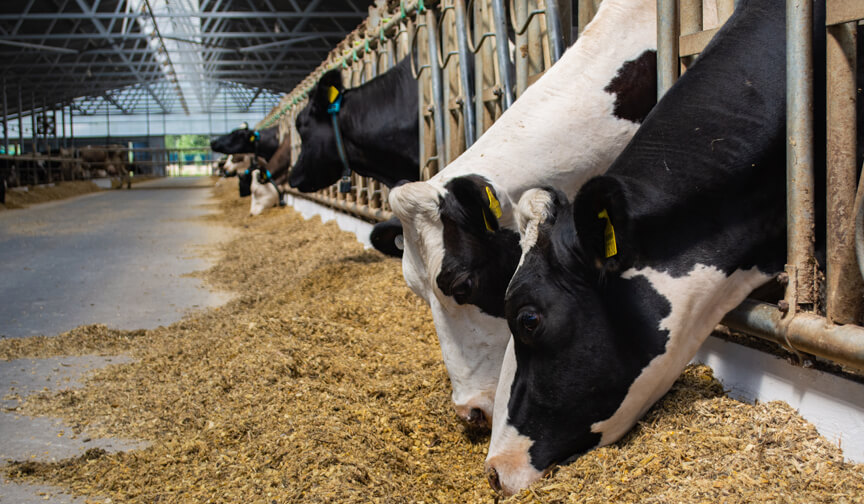Livestock farming, particularly ruminant production, plays a pivotal role in meeting the world’s growing demand for meat and milk. However, maintaining the health and productivity of ruminants poses significant challenges. Traditional methods of enhancing animal health through antibiotics and other pharmaceuticals are increasingly being scrutinized due to concerns about antimicrobial resistance and environmental impact. In this context, postbiotics have emerged as a revolutionary approach to promoting ruminant health. This article will delve into the concept of postbiotics and explore their transformative role in ruminant nutrition and overall animal well-being.
Understanding Postbiotics
Postbiotics are bioactive compounds that are produced during the fermentation of prebiotics by beneficial microorganisms. Unlike probiotics, which are live microorganisms, postbiotics are non-viable microbial products or metabolic byproducts. These can include organic acids, enzymes, peptides, polysaccharides, and antimicrobial substances. Postbiotics have gained attention for their potential health benefits, such as enhancing gut health, modulating the immune system, and promoting overall animal performance.
Promoting Gut Health
A healthy gut plays a vital role in ruminant health and productivity. Postbiotics, such as short-chain fatty acids (SCFAs), act as an energy source for gut cells, promoting their integrity and strengthening the gut barrier function. SCFAs also inhibit the growth of pathogens, creating a healthier gut environment. Additionally, postbiotics have been shown to improve nutrient absorption and enhance microbial fermentation, leading to improved digestion and feed conversion efficiency.
Modulating the Immune System
Postbiotics possess immunomodulatory properties that can positively influence the ruminant’s immune system. They stimulate the production of anti-inflammatory cytokines and enhance the activity of immune cells, promoting a balanced immune response. This modulation of the immune system can help reduce the incidence of infectious diseases and improve the overall health and welfare of ruminants.
Enhancing Animal Performance
Optimizing ruminant performance is crucial for sustainable livestock production. Postbiotics have been shown to have a positive impact on growth rate, feed efficiency, and milk production. By improving gut health and nutrient utilization, postbiotics support better digestion and absorption of nutrients, leading to improved animal performance. This can ultimately result in more efficient production systems and decreased environmental impact.
Reducing Reliance on Antibiotics
One of the major advantages of postbiotics is their potential to reduce the reliance on antibiotics in livestock production. With increasing concerns over antimicrobial resistance, postbiotics offer a natural and sustainable alternative for maintaining animal health. By enhancing gut health and modulating the immune system, postbiotics can help reduce the need for antibiotics, resulting in safer food products and a healthier environment.
Conclusion
Postbiotics represent a revolutionary approach to promoting ruminant health and well-being. With their ability to improve gut health, modulate the immune system, enhance animal performance, and reduce dependency on antibiotics, postbiotics offer a promising solution for sustainable livestock production. As we continue to explore the potential of postbiotics, further research and development in this field will help unlock their full potential and revolutionize the way we manage ruminant health in the future.
